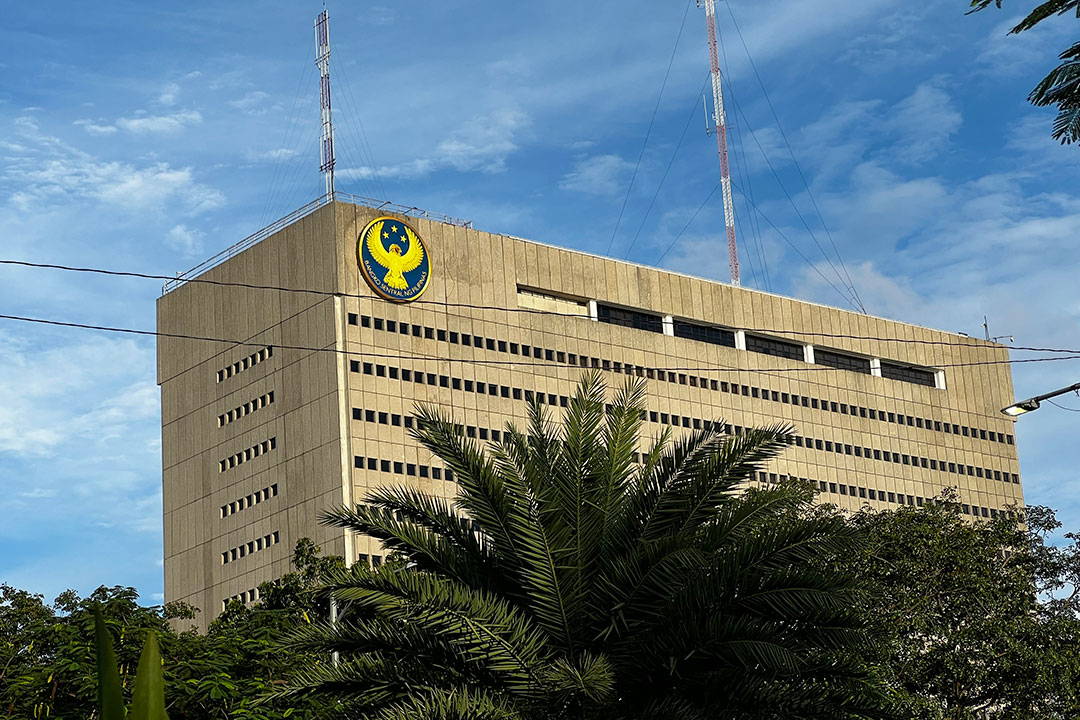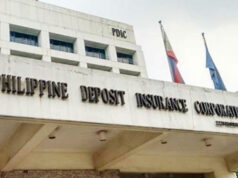BSP makes fresh push for bank secrecy amendments

THE BANGKO SENTRAL ng Pilipinas (BSP) is renewing its push for amendments to the country’s bank deposit secrecy laws as part of its priority legislative agenda for the 20th Congress.
The central bank is proposing changes to the Republic Act (RA) No. 1405 or the Law on Secrecy of Bank Deposits and RA 6426 or the Foreign Currency Deposit Act to boost its supervisory powers, BSP General Counsel Roberto L. Figueroa said at a House briefing on Tuesday.
“In these BSP-supported amendments, the inquiry is limited to the deposit account of the stockholder, owner, director, trustee, officer, or employee of an entity that is subject to the supervision or regulatory power of the BSP,” Mr. Figueroa said.
The central bank wants to have the authority to look into the deposit accounts — including foreign currency deposits in banks operating in the Philippines and offshore branches of domestic banks — of these persons suspected of fraud or irregularity in BSP-supervised institutions and as part of investigations into closed banks, it said in a presentation.
“It also provides protection to banks and financial institutions against frivolous suits from depositors in connection with the inquiry and examination of deposits by BSP,” Mr. Figueroa added.
Information obtained via an inquiry will be for exclusive use of the BSP, except when necessary to prevent or prevent or prosecute any offense or crime. The proposal also features safeguards against the use of the bank secrecy exemption for persecution, harassment, or to hamper competition.
The BSP has been pushing for amendments to the Philippines’ tight and decades-old bank secrecy laws to boost its oversight of the financial sector by preventing cases of insider abuse, citing cases where bankers themselves borrow from their own banks or hide proceeds of fraudulent activities in their banks, which endanger depositors.
CREDIT INFORMATION SYSTEM
Meanwhile, the BSP is also pushing for the New Credit Information System Act, which is a measure that would transfer the powers and functions of the Credit Information Corp. (CIC) to the central bank.
“So, essentially, it’s transferring the functions and powers of the CIC, which is a separate legal entity right now, to BSP,” Mr. Figueroa said. “And, of course, the expectation and the focus of this will result in the streamlining of credit information processes and enhancing regulatory oversight.”
The state-run CIC manages the public credit registry that acts as the central repository of credit information, receiving and collating data from entities like banks, quasi-banks, investment houses, cooperatives, micro-financing organizations, credit card companies, insurance firms, and government lending institutions. Borrowers’ credit reports can be accessed via the CIC’s accredited credit bureaus.
Mr. Figueroa said the proposal aims to provide credit data at a low cost, protect consumer rights, and promote fair competition.
“The establishment and maintenance of an efficient credit information system is consistent with the mandate of BSP to effectively regulate and supervise credit granting businesses, as may be determined by the MB (Monetary Board); is key to financial stability, which is an objective of BSP; and will strengthen the policy formulation of BSP, specifically in the areas of banking and credit,” the central bank’s presentation showed.
Lastly, the BSP is supporting the Digital Payments Bill that seeks to facilitate the use of digital payments in financial transactions of the government and the public.
“When we support digital payment for economic growth and financial inclusion, there is a study done by the Bank for International Settlements that for every 1% increase in the use of digital payments, there is a corresponding 0.5% boost in GDP (gross domestic product) per capita growth, as well as 0.06% reduction in informal employment,” BSP Deputy Governor Mamerto E. Tangonan said. “So, that is global evidence that digital payments do help the economy and also help reduce informality.”
“The concern we have is that in the Philippines, the use of digital payments collections by government banks that of business. The government, the share of digital collections for government is just 25%. Business is already at like 70% collections done digitally,” he added. “So, government, being a catalytic user in the market, once they adopt a digital payments collection, could really instill confidence among the rest of the businesses and population to use digital payments more so that we achieve our desired objectives.”
The BSP wants digital payments to make up 60-70% of the total volume of retail payments by 2028 in line with the Philippine Development Plan.
The share of online payments in monthly retail transactions stood at 57.4% in terms of volume and 59% in value terms in 2024, according to the BSP’s 2024 Status of Digital Payments in the Philippines report. These are up from 52.8% and 55.3%, respectively, in 2023. – Katherine K. Chan



